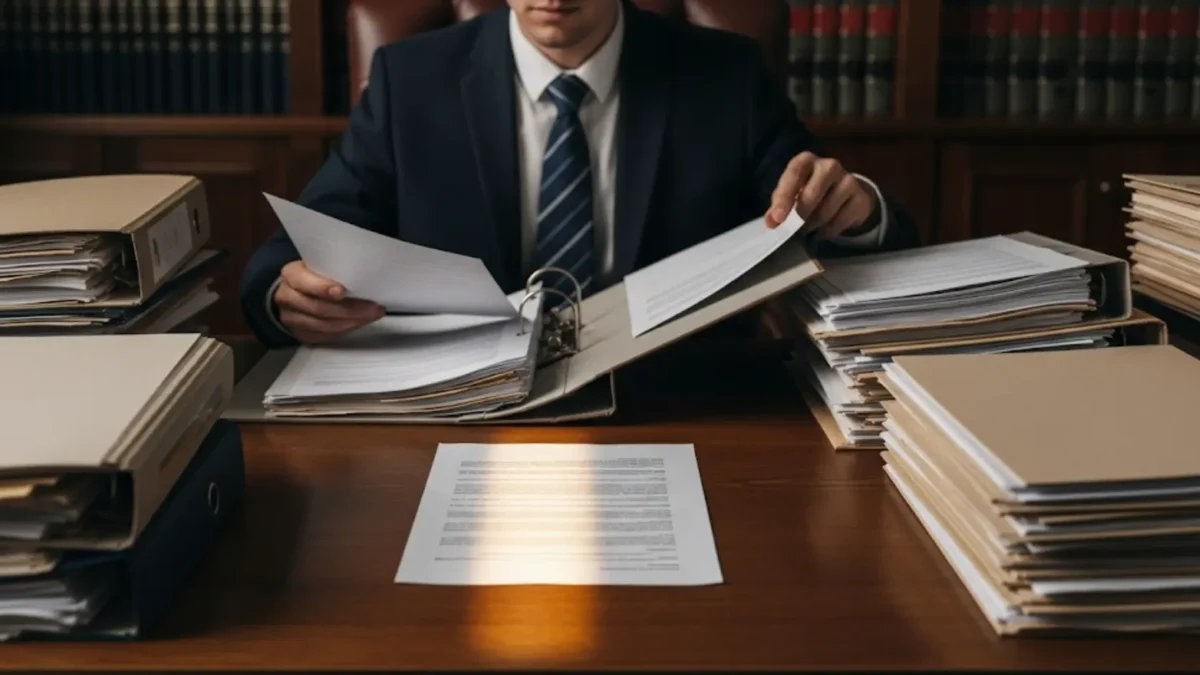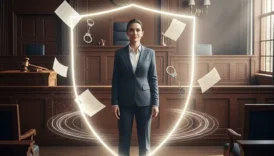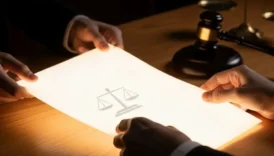What Is Legal Discovery?

Legal discovery is one of the most important stages in a lawsuit. It is the process where both sides exchange information and gather evidence before trial. Discovery ensures fairness by allowing each party to understand the facts, documents, and witness statements that will shape the case.
Simple Definition
Legal discovery is the pre-trial procedure in which parties to a lawsuit request and share evidence, documents, and testimony relevant to the case. The goal is to prevent “trial by surprise” and give both sides the opportunity to prepare their arguments fully.
Real-Life Examples
- Document requests: One party demands business contracts, emails, or financial records.
- Depositions: Witnesses provide sworn testimony outside of court before trial.
- Interrogatories: Written questions are exchanged, requiring written answers under oath.
- Expert witnesses: Each side shares expert reports, such as medical or financial opinions.
Importance of the Term
- Fairness: Ensures both parties have access to the same key information.
- Efficiency: Helps narrow down the issues before trial, sometimes leading to settlements.
- Preparation: Allows lawyers to build strong strategies based on available evidence.
- Transparency: Reduces the risk of hidden information influencing the outcome.
Comparison (Discovery vs. Trial Evidence)
| Factor | Discovery | Trial Evidence |
|---|---|---|
| Stage | Pre-trial | During the trial |
| Use | Information gathering | Presented to judge or jury |
| Scope | Broad, includes relevant materials | Limited to admissible evidence |
FAQ
1) What methods are used in legal discovery?
Depositions, interrogatories, document requests, and expert reports.
2) Can discovery be refused?
Parties can object to requests if they are irrelevant, overly broad, or privileged.
3) How long does discovery last?
It depends on the complexity of the case—sometimes months or even years.
4) Is discovery the same in criminal cases?
No. Discovery in criminal cases is narrower and subject to constitutional protections.
5) What happens if someone hides evidence?
Courts may impose sanctions, fines, or even rule against the party that failed to disclose.
Closing
Legal discovery is the backbone of civil litigation, ensuring fairness, transparency, and efficiency. By exchanging evidence before trial, both sides are given a fair chance to present their case and seek justice.






